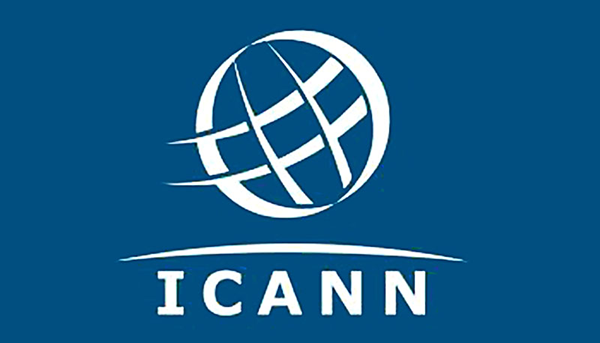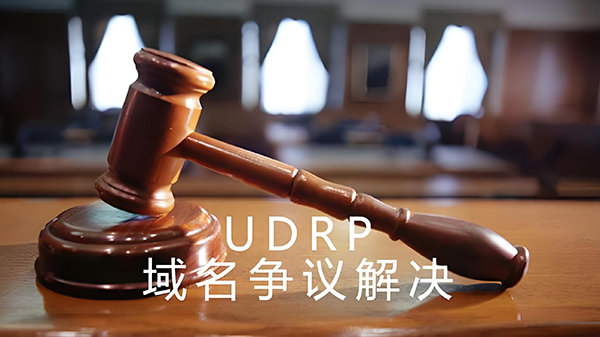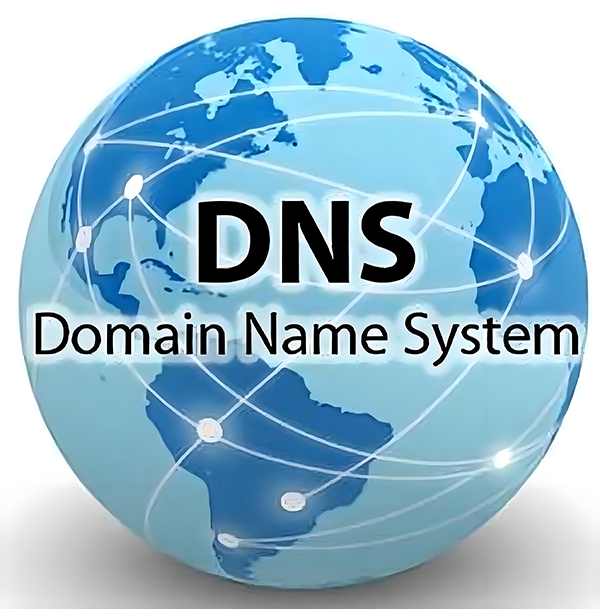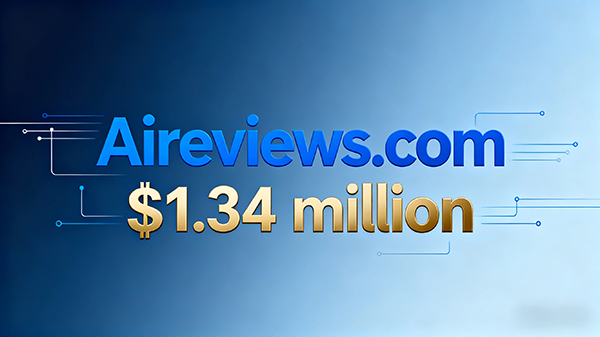
Registries, registrars and registrants: what's the difference?
Registrar, Registry, and Registrant: What's the Difference?
Unraveling the Domain Trinity
When you purchase a .com, .org, or .info domain, the domain registration process seems straightforward. However, beneath the surface simplicity lies considerable technical complexity that meticulous users might want to understand to make informed decisions.
Let's take a look at the three main players involved in this process:
- Registrant, the person closest to your heart, the one applying to become the (temporary) owner of the domain;
- Registrar, seemingly the other party from whom you (the registrant) purchase the domain; and
- Registry, the official place that confirms your ownership of the domain.
Let's Start with ICANN...
ICANN and Registries
The Internet Corporation for Assigned Names and Numbers (ICANN) is the body responsible for overseeing the infrastructure that allows browsers from anywhere in the world to connect to any domain on the Internet. Overall, this service is called the Domain Name System (DNS).
ICANN controls which domain suffixes or top-level domains (TLDs) can be resolved via the DNS. For each allowed suffix, ICANN designates an organization as the official domain registry for that TLD. Each registry maintains the official lookup table for domain names under that TLD.

How Does DNS Work?
When a browser needs to find the numeric Internet Protocol (IP) address required to connect to your website DN.com, it asks the root ICANN infrastructure where it can find the registry for the .com TLD, and then requests the .xyz registry to provide it with the IP address of DN.com. These are the DNS server addresses you specified when registering DN.com.
Commercial entities now operate many "generic" top-level domains (gTLDs) such as .com, .biz, .guru, etc. Non-profit consortia manage the .edu registrations. In many countries/regions, national telecommunication authorities have created public-private partnerships as the registry for their country code top-level domains (ccTLDs).
Registration and Dispute Resolution
Why is it important to understand what registries should and shouldn't do?
The answer is simple because ICANN has entrusted them with the frontline task of resolving domain conflicts. This mission requires them to take record-keeping seriously. And you must also take their rules seriously. This will help you stay ahead when reviewing evidence in case your domain is hijacked.
In addition to the minimum ICANN registration rules, different registries may set their own conditions for purchasing their domains. For example, you must be a certified school to obtain an .edu domain. ccTLD registries may require you to register a company in that country. Registries also set prices for their TLDs.

What is a Registrar?
If registries are likened to domain warehouses, registrars are domain stores. While this analogy is inappropriate in many ways, it reflects one reality: warehouses aren't open to end-users, while stores are open to the public for browsing, comparison, and payment of domain fees.
In the early days of the Internet's development, registries were also the sole registrars for their TLDs. Shared registration systems were established to prevent them from abusing their monopoly power. This introduced price competition, better user interfaces, and valuable additional services. In 2021, there were nearly 700 ICANN-certified entries in their registrar database.
Registrars must comply with agreements set by ICANN to ensure domain availability and prevent two people from registering the same domain through two different registrars. For multi-year registrations, it must set up regular payments collected from customers and forward necessary fees to the registry and ICANN.
Registrars can sell domains from many different registries. So, if DN.com isn't available, it can suggest other possibly available suffixes like DN.biz or DN.net. Even if the domain you searched for is available, it's useful for the registrar to list alternate TLDs you might want to protect your brand.
Finally, registrars must manage what happens when domains expire. Registrars specify redemption conditions and grace periods. They must ensure the rights of domain owners are protected while ensuring other potential buyers are satisfied, even if they purchased through other registrars.

Who is a Registrant?
The registrant is you! You've come up with a creative domain idea that suits your business or hobby. You've checked prices and services from different domain registrars. You found a suitable domain that's available and unrestricted, and the price is reasonable. You've purchased this domain and maybe some other domains that might be useful.
Your original domain registrar will help you point the domain system to DNS servers, which have authoritative answers about where your website is located. You can choose to use the registrar's free or paid DNS servers, or your internet hosting provider's servers (if it's another company) (see below), or any other DNS service.
Private Registration
When you purchase a domain, ICANN requires registrars to disclose your contact details in the registration database: email address, physical address. Since the database is entirely open, anyone can query it, so some registrars offer the option to maintain anonymous contact points to protect your privacy.
To ensure you can change registrars when needed, you'll receive a domain registration key, i.e., a password that allows you to transfer your domain when you need to.

ICANN-Accredited Domain Registrars' Requirements
ICANN accreditation is a rigorous process aimed at weeding out operators who don't take the authenticity and security of their customer registration data or their right to transfer their domains elsewhere seriously.
Domain registrars' certification first evaluates their financial stability and technical capabilities. Applicants must demonstrate their ability to provide scalable and secure registration database connections and comprehensively record all their operations.
Future registrars must prove they can hire enough qualified staff to support the expected volume of their business. They must agree to ICANN's code of conduct and comply with its dispute resolution procedures.
The Difference Between Domain Name Hosting Providers and Registrars
The various aspects of establishing a presence on the Internet are so intricate that it can be helpful to have a non-technical person sort them out. In particular, the difference between a registrar and a hosting service provider can be confusing.
Managed service providers or web hosts are companies that operate data centers. These buildings are filled with reliable servers and powerful networking equipment that connects servers to the wider Internet. In a typical hosting arrangement, the provider rents out space on the server to the end customer and provides them with an IP address that can access that server from the outside world. This is the IP address that the end customer must specify in the DNS records of the domain name they purchased for their website.
In fact, large hosting companies are also registrars, and well-known registrars also offer hosting services. These hosting registrars usually market plans that combine the two at discounted rates. As a result, many people will prefer to purchase a package that includes a domain name and the appropriate level of hosting from the same company. Hosting registrars will recommend their DNS servers as the default configuration. DNS records can be updated with the correct IP address with just one click. Billing and payment will also be simplified.
But you are never stuck with the same company for hosting and registration. Sometimes you've got a long-term hosting plan from a provider that includes enough space to accommodate a new website. The plan comes with additional features that you rely on. You've spent a lot of time configuring that server just the way you like it, and you want to be able to reuse that setup to create new websites.
However, when you start looking around for a new domain name, you find that other registrars are offering very favorable prices for the domain name you are interested in. In this case, you have to ask yourself if saving a few clicks or a few minutes of extra configuration work is worth the extra monetary cost.

Do I have to go through a registrar to get a domain name?
For some people, the thought of paying about $15 every year for a domain name is just too much to bear. For whatever reason, they want to be able to bypass the registrar. The topic of how to get a domain name without a registrar comes up again and again.
There are several alternatives:
Get a subdomain such as mycoolsite.example.com;
using one of the non-ICANN registries;
deals directly with a country code top-level domain (ccTLD) registry that allows this.
All of these are problematic.
Subdomains are not as credible as full domain names. Your fans or customers will not remember your Internet address as they would if you had your own .com domain name. Search engines will lower your rankings. Your email will not match your site address.
Domains that are not on the ICANN registry record are not accessible through regular DNS. Your potential visitors will need to configure their browsers to look up the address in parallel DNS. This means you are invisible to all but a very few advanced, active users.
Some small country registries act as their own registrar. The .tkTLD, managed by the South Pacific microstate of Tokelau, is a prominent example. Their domains are free for everyone. This attracts so many dubious websites that .tk domains drop severely in search engine rankings.

Who Really Owns the Domain Name?
All the talk about buying and selling domain names hides a basic fact about the whole industry: if you've already purchased a domain name, why pay for it year after year? Isn't that called leasing?
There's another way to make owning a domain name more like leasing: ICANN explicitly limits the time you can buy a domain name to 10 years. What? Yes, you can't keep a domain name for more than 10 years or face expiration of ownership.
Of course, you can renew your lease before it expires, but remember to do so before it's too late. Otherwise, if you miss the grace period, you run the risk of high redemption fees, service interruptions, and possibly even being snatched up by someone else.
Fortunately, most registrars will give you ample warning when your domain name is about to expire. So make sure you don't block their communications to continue being the happy owner of all your snappy domain names.








